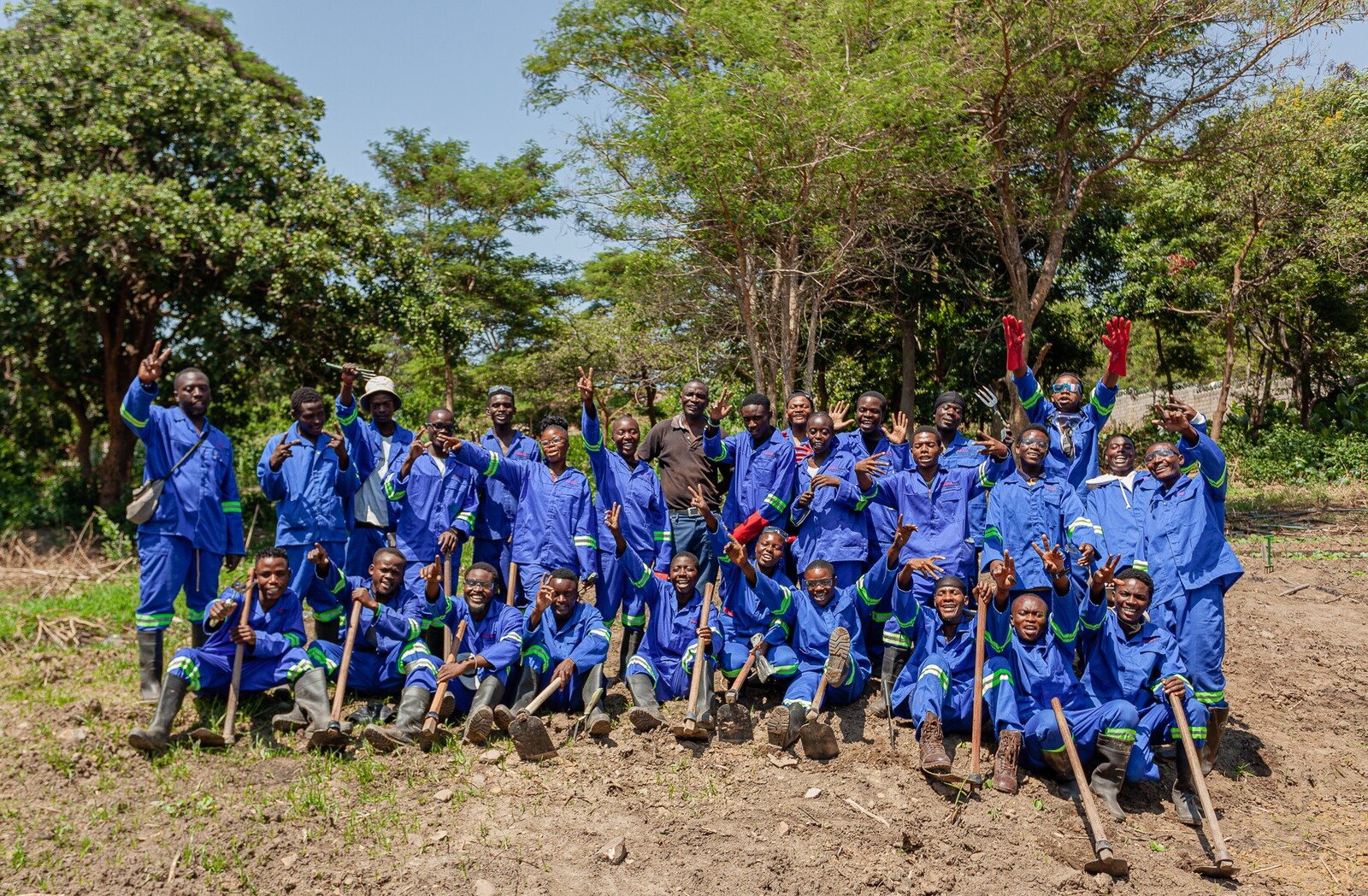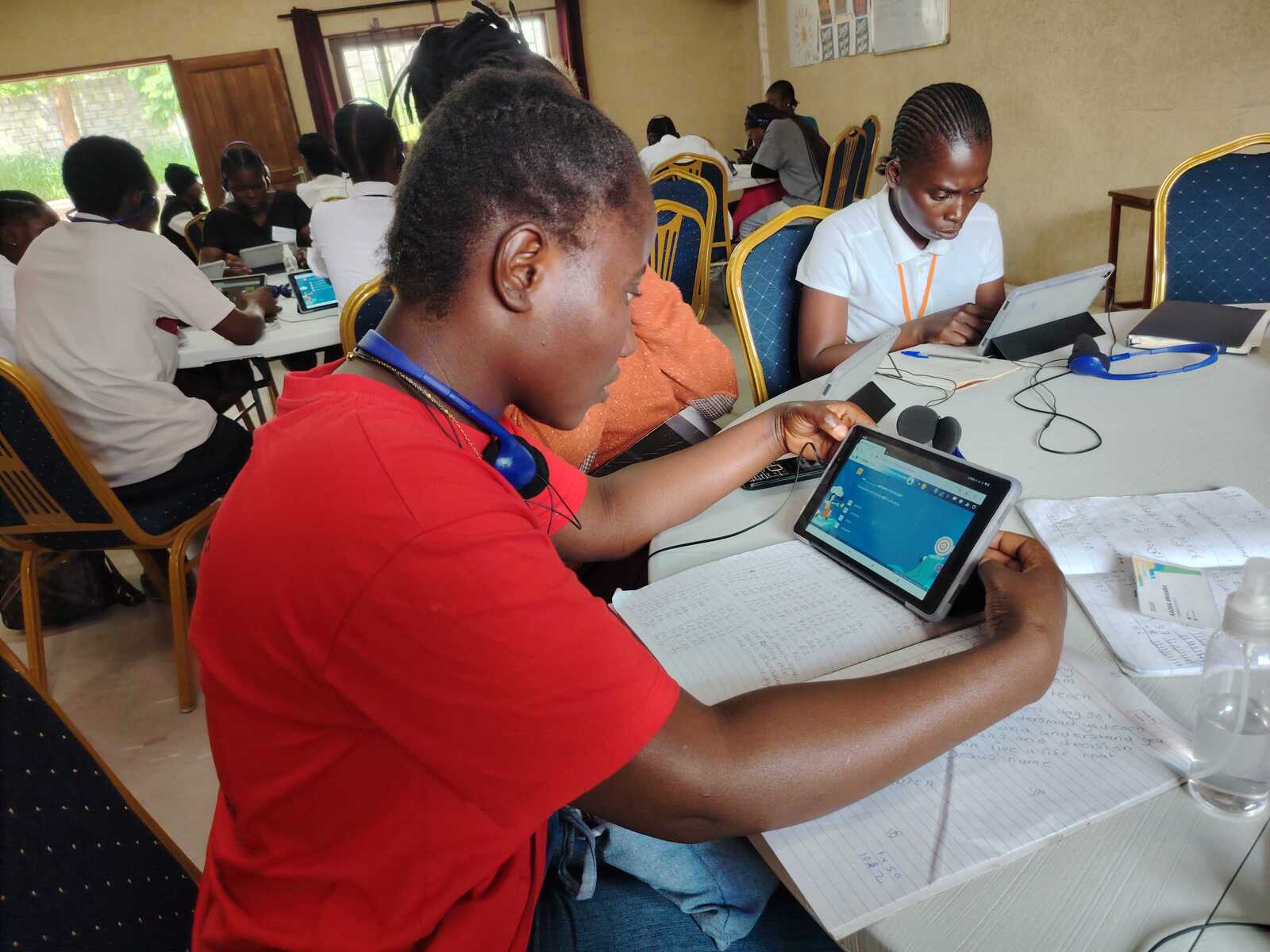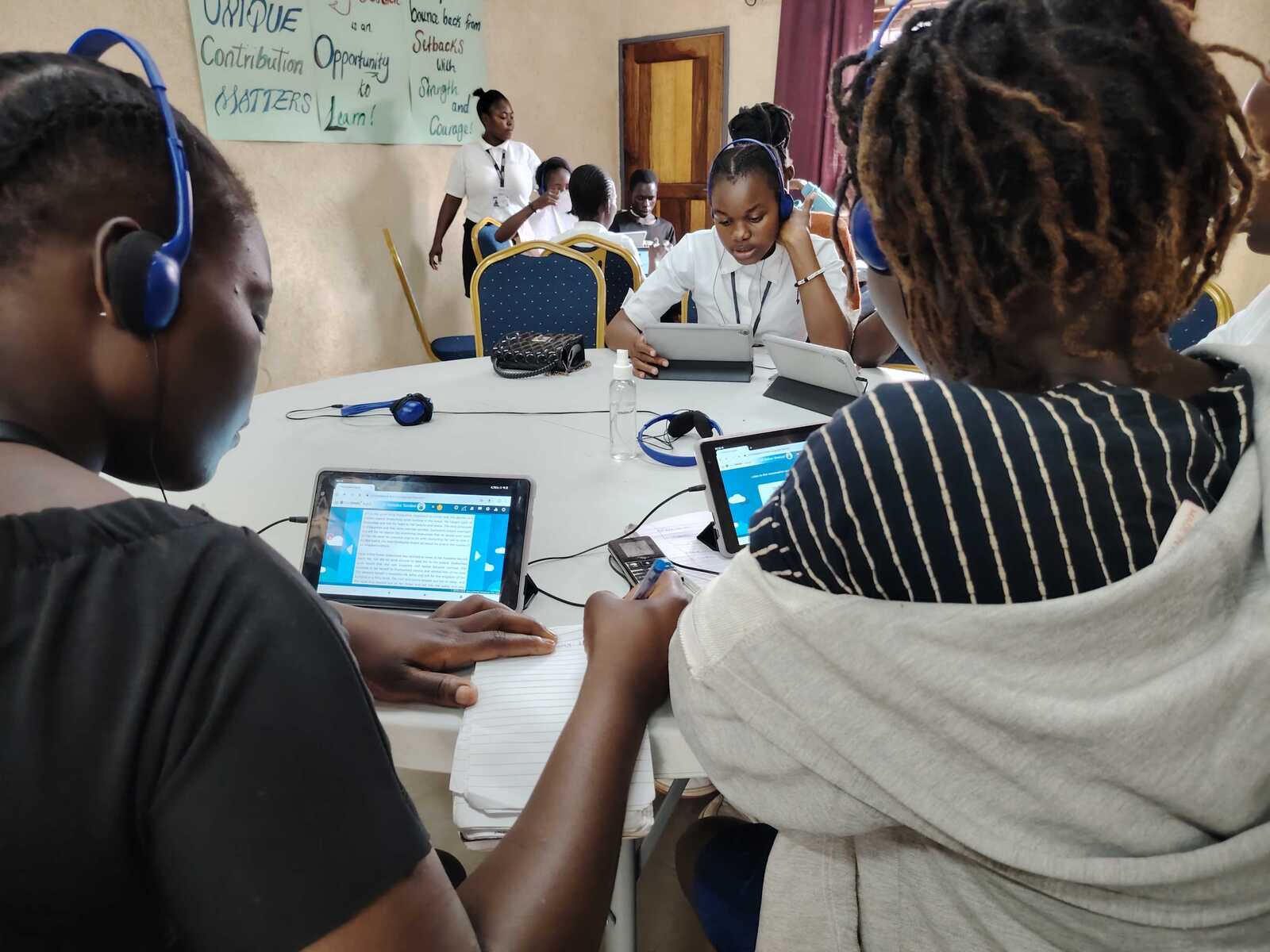 " alt="Supporting the SkillsHub Project: empowering Zambian youth for a sustainable future">
©All rights reserved Pestalozzi Interntional
" alt="Supporting the SkillsHub Project: empowering Zambian youth for a sustainable future">
©All rights reserved Pestalozzi Interntional
Supporting the SkillsHub Project: empowering Zambian youth for a sustainable future
Grantee: Pestalozzi Interntional Foundation
Location: Zambia, Africa
Grant Cycle: 2024 – 2026
Type of Grant: three-year program support, Human Welfare & Rights
Website: pestalozzi.international
Human Welfare
& Rights
The Pestalozzi International Foundation, established in 2009, is part of the global Pestalozzi International Family, a network of independent non-profits dedicated to providing child-centered education to disadvantaged youth in the Africa and Asia, focusing on fostering economic growth and social mobility through education, empowering youth to create brighter futures. Pestalozzi’s education for life recognises every child’s unique potential to contribute meaningfully to their communities and as global citizens.
For over 65 years, Pestalozzi International has provided holistic education based on Johann Heinrich Pestalozzi’s philosophy of developing the “Head, Heart and Hands”. This approach nurtures intellectual growth, emotional resilience, and practical skills, equipping a future generation of compassionate global citizens who define their lives according to their potential, not their backgrounds. By fostering social mobility and economic empowerment, Pestalozzi International’s work benefits individuals and entire communities. The organization educates 485 disadvantaged children (aged 10-18) across three residential campuses in Zambia, India, and Nepal, recognized as centres of excellence in child-centred care.
In the Global South, young people face barriers to education and employment, often lacking the skills needed for sustainable livelihoods. In Zambia, 97% of children in the lowest wealth quintile do not complete secondary school, leaving two-thirds excluded from formal employment. Yet local employers report a shortage of skilled workers, particularly in agriculture, hospitality, entrepreneurship, and digital/ICT sectors. The mismatch between workforce readiness and labor market demands highlights the need for targeted vocational training.
The SkillsHub was created to bridge this gap by equipping young people with the skills to enter the workforce. The 12-month program provides foundational education and specialized vocational training. The first module (Head) focuses on remedial literacy, numeracy, and ICT, ensuring students reach a minimum standard to pursue a Specialism. To remove barriers to learning, the program provides meals, childcare, and menstruation materials, improving accessibility, especially for young women. The Specialism modules (Hands) deliver vocational training in high-demand fields, identified with local employers, ensuring participants gain expertise for employment or self- employment. Training is complemented by soft skills development (Heart), fostering confidence, resilience, and an entrepreneurial mindset so that when learning stops, earning begins. The SkillsHub promotes graduates to employers, facilitates access to micro-finance, and connects them with further education pathways.
SkillsHub received a grant from the Nando and Elsa Peretti Foundation (NaEPF), aligned with its strategic focus on education, economic empowerment, and sustainable long-term social impact. The NaEPF’s support has enabled the design and piloting of the Remedial Foundation Module for the SkillsHub. This module rekindles a love of learning in marginalized teenagers and prepares them for employment. The inclusion of remedial literacy, numeracy, and ICT skills is critical to success. Delivered by an Outreach partner, Edulution, the module uses tablet-based technology, coaching, and data-driven analytics. Students learn at their own pace, supported by real-time feedback from coaches, many of whom are Pestalozzi Alumni from the residential Future Leaders program, who help the students to achieve at least a two-grade level advancement.
The SkillsHub targets youth aged 15-23 from the lowest wealth quintile, including those in informal settlements (“komboni”) around Lusaka, disadvantaged rural areas, and refugee camps. In its first year, the program will support 531 students, increasing to 1,047 annually. The goal is for 95% of graduates to secure employment, become self-employed, or continue education within 18 months. By demonstrating the economic benefits of vocational training, the initiative aims to influence local and national policies, encouraging broader investment in education for out-of- school youth.
Designed to be scalable and replicable, the SkillsHub provides a model for vocational education that can expand across Zambia and other Global South economies, offering sustainable pathways out of poverty. Through targeted skills training, holistic education, and strong employer partnerships, the SkillsHub empowers youth to build brighter futures for themselves and their communities.



